Occupying most of the headlines for the past few weeks, Sanjay Leela Bhansali’s much-awaited magnum-opus Padmaavat finally released in theatres (barring a few!) last week.
While there’s no denying that any and every film should get a theatrical release no matter what, now that most people have seen the film, did the Indian society need a film like Padmaavat?
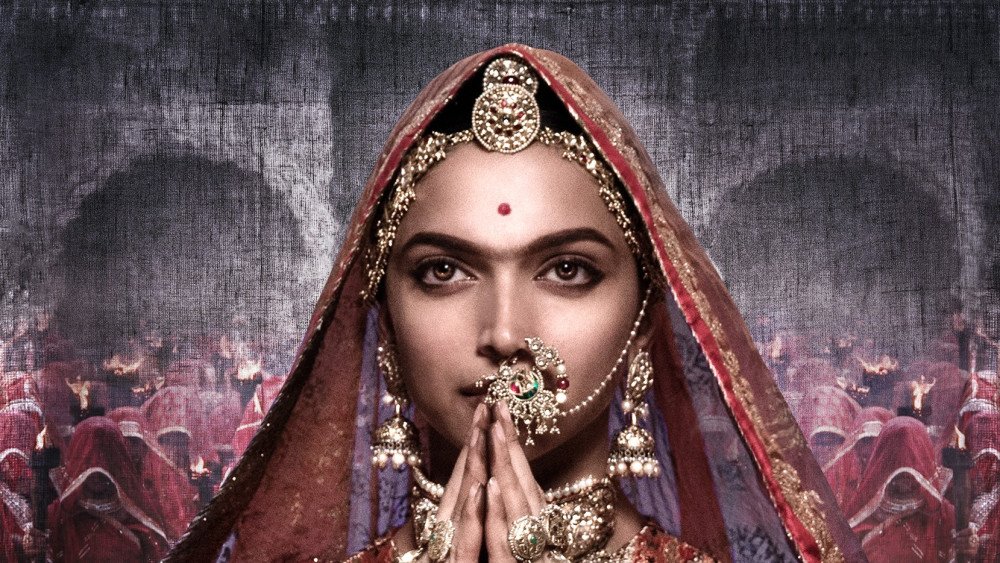
No, this isn’t some Karni Sena-inspired rant about the film showing the Rajput community in a bad light. Because if the film does anything, it is glorify the guts and valor of Rajputs, over and over again.
This is actually about the film’s blatant glorification of the ridiculous practice of women committing jauhar, a practice that’s long been abolished and thank god for that!
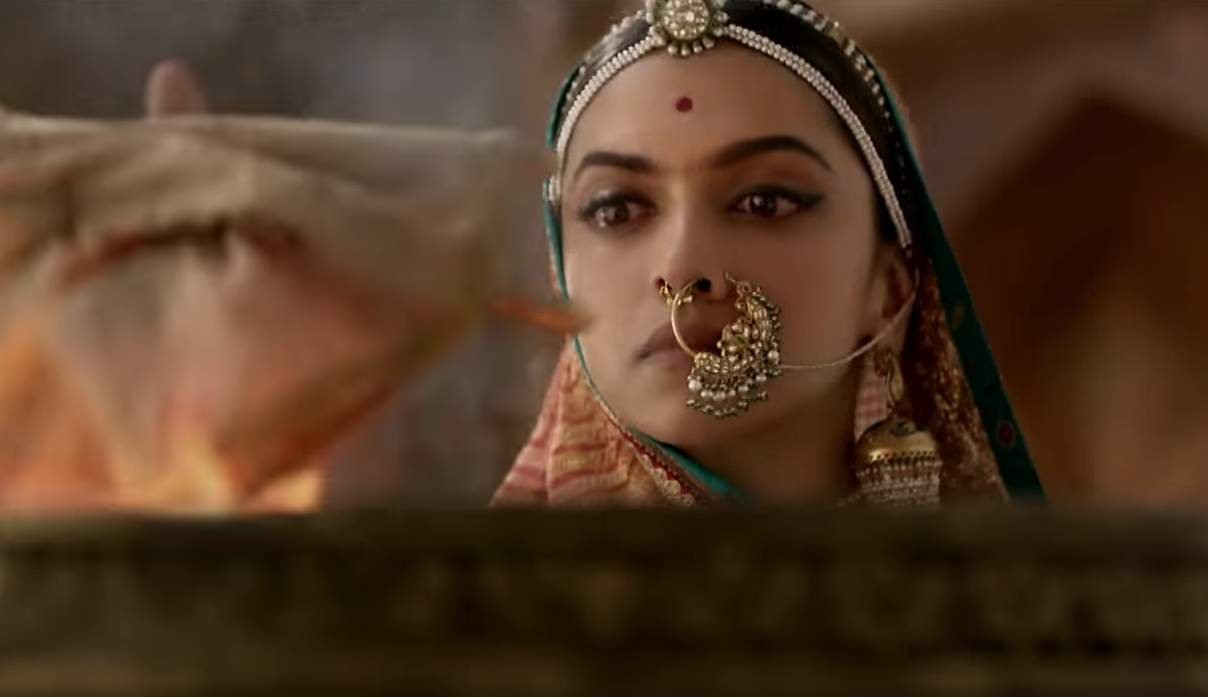
I saw the film in a packed New Delhi theatre and by the time the film got over, I felt disgusted and ashamed.
That in 2018 a film so regressive and ridiculous can be made by one of the industry’s most prolific directors and star three of our top stars is a sad reminder that the Indian society has a long way to go in terms of a progressive mind and responsible actions.
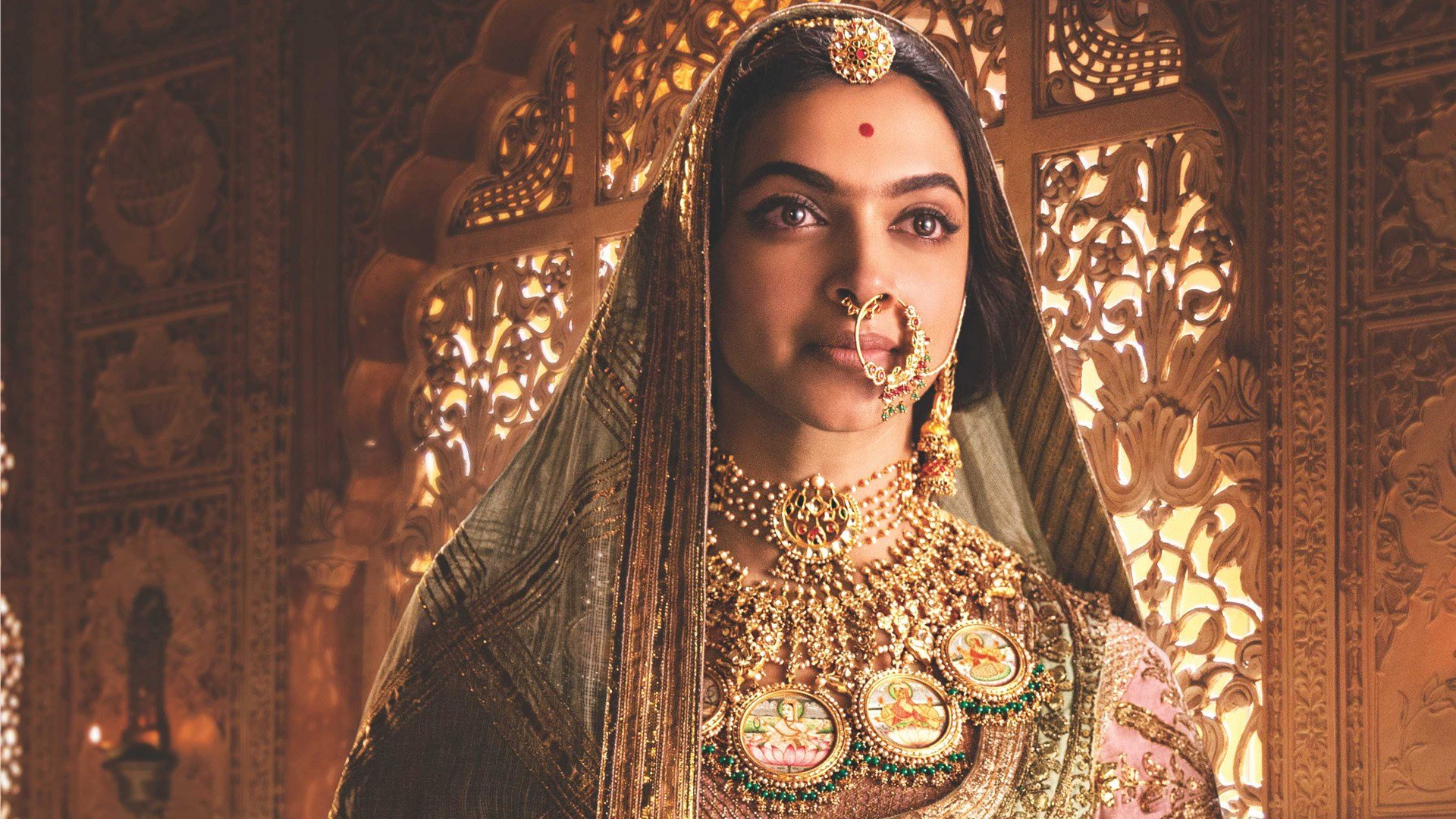
Although actor Swara Bhaskar has eloquently put in her brave open letter, let’s just put it out there yet again – Padmaavat is an extremely regressive and highly irresponsible film.
By showing Deepika Padukone’s character jump into the pyre as a victory of dharm over adharm, isn’t the film telling people that a woman taking her life upon the death of her husband is actually a great thing? That if she fears being raped, she’d rather kill herself? That once she’s raped, she’s better off dead?

If you’ve seen the film, you’d know how its final act plays out.
As an almost-possessed Khilji storms inside Padmavati’s palace, she, along with the rest of the women, walks into the pyre, adored in flaming red, hair swaying with the wind and a thumping background score chanting her glory and honour.
Mind you, this scene is no way symbolic of the sad reality of jauhar as it was back in those days. On the contrary, Bhansali goes all out amplifying and glorifying the scene as a massive victory for Padmavati because by committing jauhar she did something so brave and righteous, it’d go down in history!
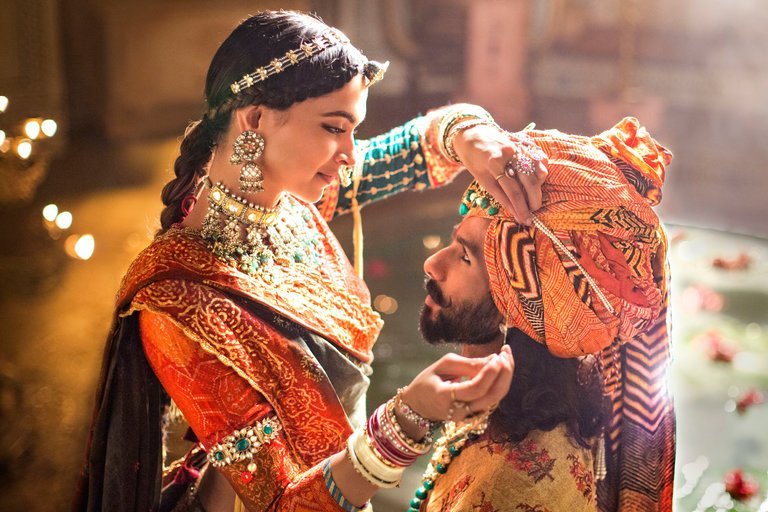
As historians would point out, to protect themselves from being raped, women chose to commit jauhar. However, it wasn’t because they wished to do so but because back in those times, the worth of a woman was in direction relation to her vagina.
Yes, jauhar is a sad reality of our past but there’s a different between showing jauhar in a film as an unfortunate incident and presenting it as a badge of honour in the life of a woman, something that Padmaavat is entirely guilty of doing.
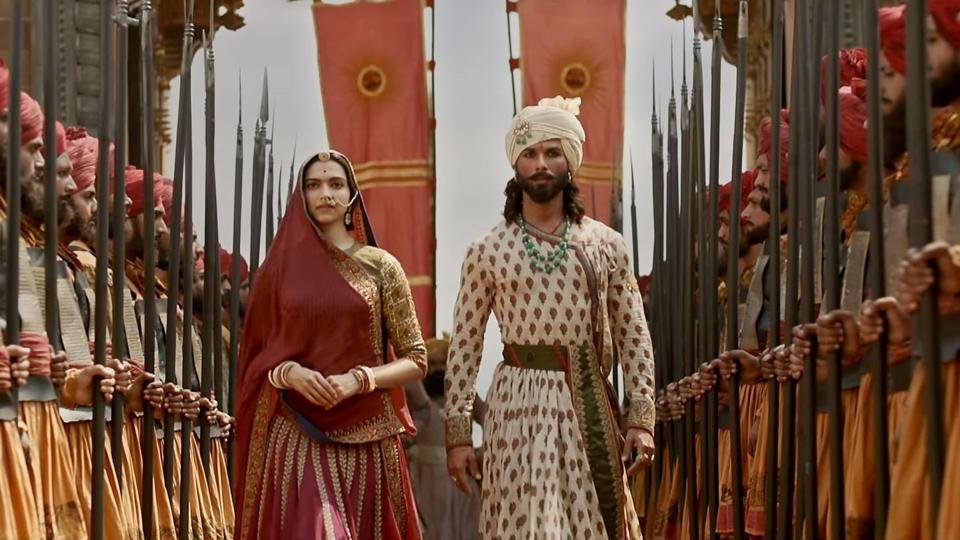
In the climax of Padmaavat, amongst the women committing jauhar, you also see a pregnant woman and a young girl walking towards the fire. While watching this scene, I couldn’t help but wonder whether I needed to see this visual and more importantly, what would the rest of our country make of it.
What ‘culture’ was Karni Sena protesting for? The ‘honor’ they were trying to protect? When the Rajasthan Higher & Technical Education minister alleged that the film glorifies ‘love over sacrifice’, what ‘sacrifice’ was she talking about?
The ‘sacrifice’ in Padmaavat is an unfortunate one. And it certainly doesn’t deserve the glorification given by Bhansali’s lens.
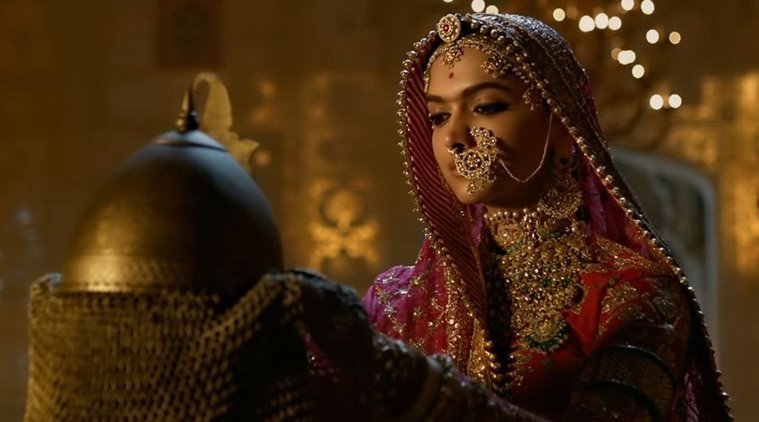
Yes, Sanjay Leela Bhansali has every right to make the kind of film he wishes but considering the impact films have over society, isn’t it time that filmmakers like him make more responsible choices?
Why do we need such a film in today’s time? Especially when women across the world are fighting for equal rights, rape survivors are pushing off those who shame them and an average girl on the street is demanding the same treatment for herself as given to the average boy!
We’ve thankfully come a long way from the days of jauhar. Maybe, Bhansali and his team should ask themselves, if in 2018, we needed a film like Padmaavat!

















